Pekingese Dog Breed Guide: Beauty, History & Care
The Pekingese dog breed is a small, charming companion with a history as rich as its luxurious coat. Often described as a “lion dog” because of its flowing mane-like fur and proud stance, the Pekingese has been adored for centuries. Originating from ancient China, this breed was once kept exclusively by Chinese royalty, where it was considered a symbol of status and protection.
Today, the Pekingese still carries itself with elegance and dignity. These dogs are intelligent, loyal, and loving but also have a streak of independence. If you’re drawn to a breed with both beauty and an intriguing history, the Pekingese might just be your perfect match.
A Glimpse Into the Beauty of the Pekingese
The first thing anyone notices about a Pekingese is its striking appearance. Their long, straight coat, paired with their distinctive flat face and expressive eyes, gives them a regal look. Some of the key beauty features include:
- Luxurious coat – Long, straight hair that forms a “mane” around the neck.
- Expressive eyes – Large, dark, and soulful, often reflecting their mood.
- Compact size – Small but sturdy, usually weighing between 7–14 pounds.
- Graceful gait – A unique rolling walk that adds to their charm.
I remember visiting a dog show where a Pekingese named “Milo” stole the spotlight. The way he moved, with his coat flowing like silk, was a perfect reminder of why this breed has been adored for centuries.
Lifespan of Pekingese Dogs
The average lifespan of a Pekingese dog ranges from 12 to 15 years, although some can live longer with proper care.
Factors Influencing Lifespan
- Genetics: A healthy lineage ensures fewer inherited diseases.
- Diet: Balanced nutrition contributes significantly to longevity.
- Lifestyle: Regular exercise and mental stimulation enhance overall well-being.
- Healthcare: Routine vet visits and vaccinations help prevent illnesses.
Tips to Increase Longevity
- Feed a high-quality, breed-appropriate diet.
- Keep up with regular vet check-ups and dental care.
- Protect them from extreme heat and cold, as their flat faces make them prone to respiratory issues.
Popular Pekingese Mixes
Pekingese-Shih Tzu Mix (Shinese)
One of the most sought-after Pekingese mixes is the Pekingese-Shih Tzu mix, often called a Shinese. This blend combines the elegance of a Pekingese with the friendly nature of a Shih Tzu.
- Appearance: Fluffy coats, round faces, and compact size.
- Temperament: Affectionate, playful, and slightly stubborn.
- Care Needs: Requires frequent grooming due to their dense fur and regular training to manage their independent streak.

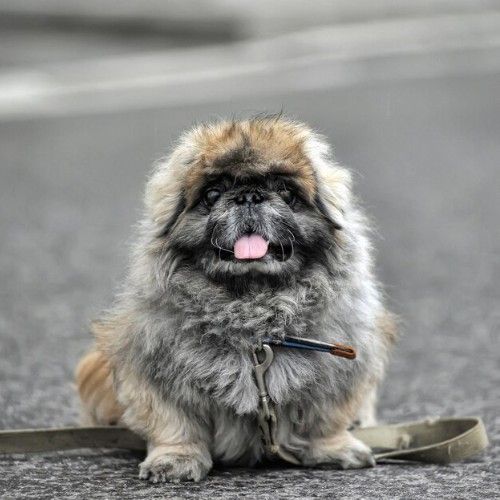

Other Mixes Pros and Cons of Mixes
- Pekingese-Poodle Mix (Peekapoo): Known for their hypoallergenic coats and high intelligence.
- Pekingese-Chihuahua Mix (Cheeks): A feisty, loyal, and energetic small dog.
Pros and Cons of Mixes
- Pros: Unique personalities, often healthier due to hybrid vigor, and diverse looks.
- Cons: Unpredictable traits and potential for inherited health issues from both breeds.


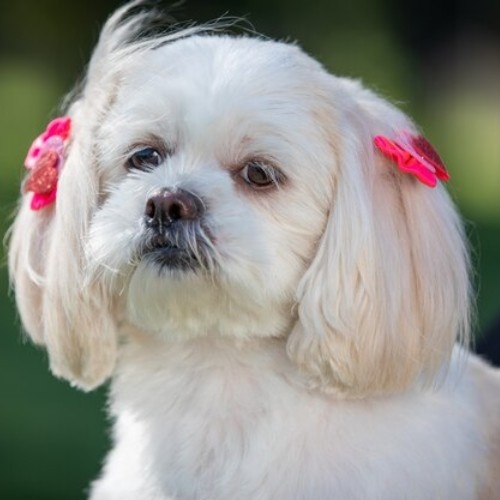
Unique Traits of Pekingese Dogs
Pekingese dogs stand out due to their distinctive physical features and strong-willed personalities.
Physical Traits
- Lion-like Mane: Their long, flowing fur resembles a lion’s mane, adding to their majestic aura.
- Flat Face (Brachycephalic): While charming, this feature can lead to breathing difficulties.
- Compact Build: Despite their small size, they carry themselves with confidence.
Behavioral Quirks
- Loyalty: Fiercely devoted to their owners, they make excellent watchdogs.
- Independence: Their royal roots contribute to a proud and sometimes stubborn demeanor.
- Affection: They enjoy cuddling but also demand respect for their personal space.
Challenges Like Overbites
A unique but common trait in some Pekingese dogs is the presence of an overbite. While this gives them a quirky look, it can sometimes affect their ability to chew properly. Regular dental check-ups and providing soft or small kibble can help manage this issue.
Caring for a Pekingese Dog
Diet and Exercise
- Feed them a well-balanced diet rich in protein and healthy fats.
- Monitor their calorie intake to prevent obesity, as they are prone to weight gain.
- Opt for light daily walks and indoor play sessions to meet their exercise needs.
Grooming Needs
- Coat Care: Regular brushing to prevent matting and maintain their luxurious fur.
- Bathing: Bathe them every few weeks or as needed.
- Eye and Face Cleaning: Clean their eyes and facial folds to avoid infections.
Health Concerns
- Respiratory Issues: Due to their flat faces, they may experience breathing difficulties.
- Joint Problems: Watch for signs of arthritis or patellar luxation as they age.
- Heat Sensitivity: Keep them cool during hot weather to avoid heatstroke.
Final Thoughts
Pekingese dogs are a delightful blend of charm, elegance, and boldness. Whether you’re drawn to their rich history, intrigued by their unique traits, or considering a mix like the Pekingese-Shih Tzu, these dogs bring joy and loyalty to their families. While they require specific care and attention, the love and companionship they offer make every effort worthwhile. Embrace the quirks, and you’ll have a royal companion for years to come!
Frequently Asked Questions (FAQs)
Q1. Are Pekingese good for first-time owners?
A1. Yes, if you’re prepared for grooming and can provide a calm environment.
Q2. Do Pekingese bark a lot?
A2. They can be vocal, especially if they sense strangers or unusual sounds.
Q3. Are Pekingese good with kids?
A3. Yes, but best with older children who can handle them gently.
Q4. How much grooming does a Pekingese need?
A4. Daily brushing and regular baths to keep the coat healthy.
Q5. Can a Pekingese live in an apartment?
A5. Absolutely, they adapt well to small spaces with enough exercise.
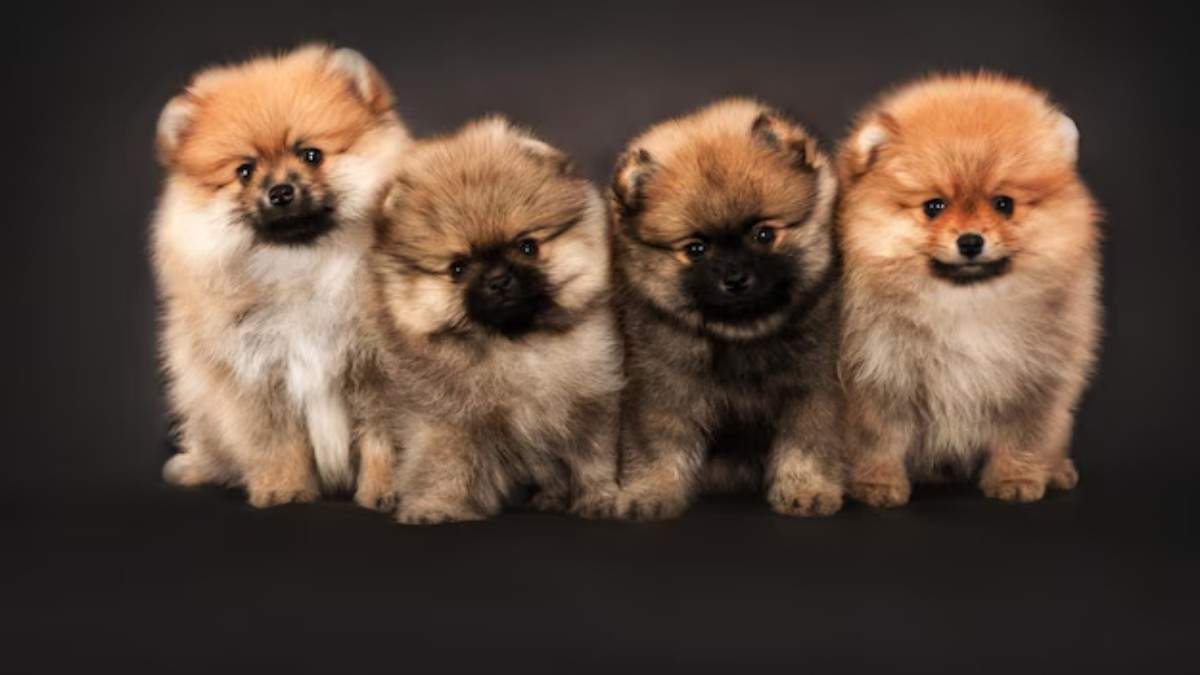
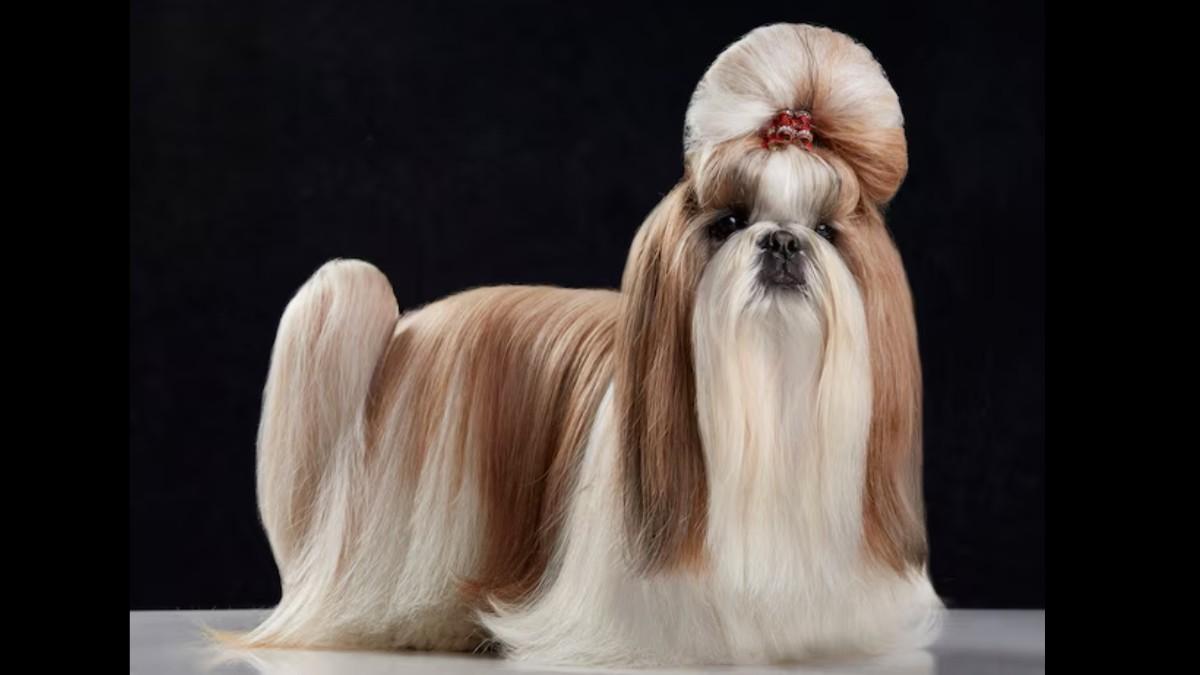

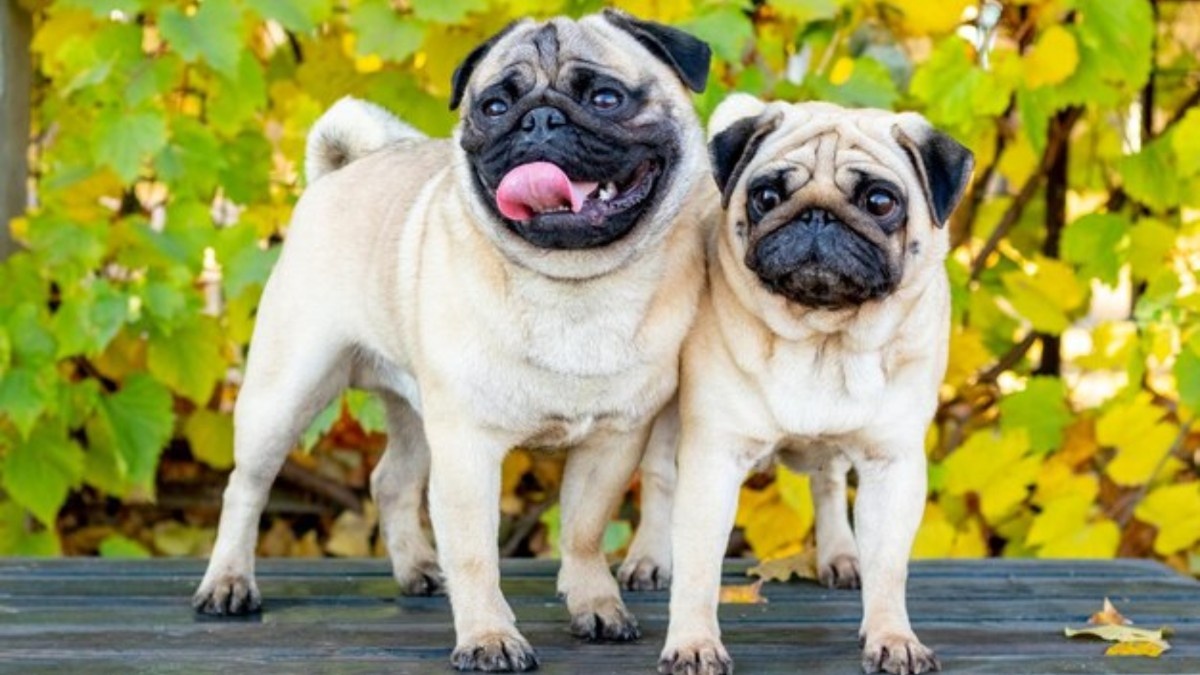
Post Comment